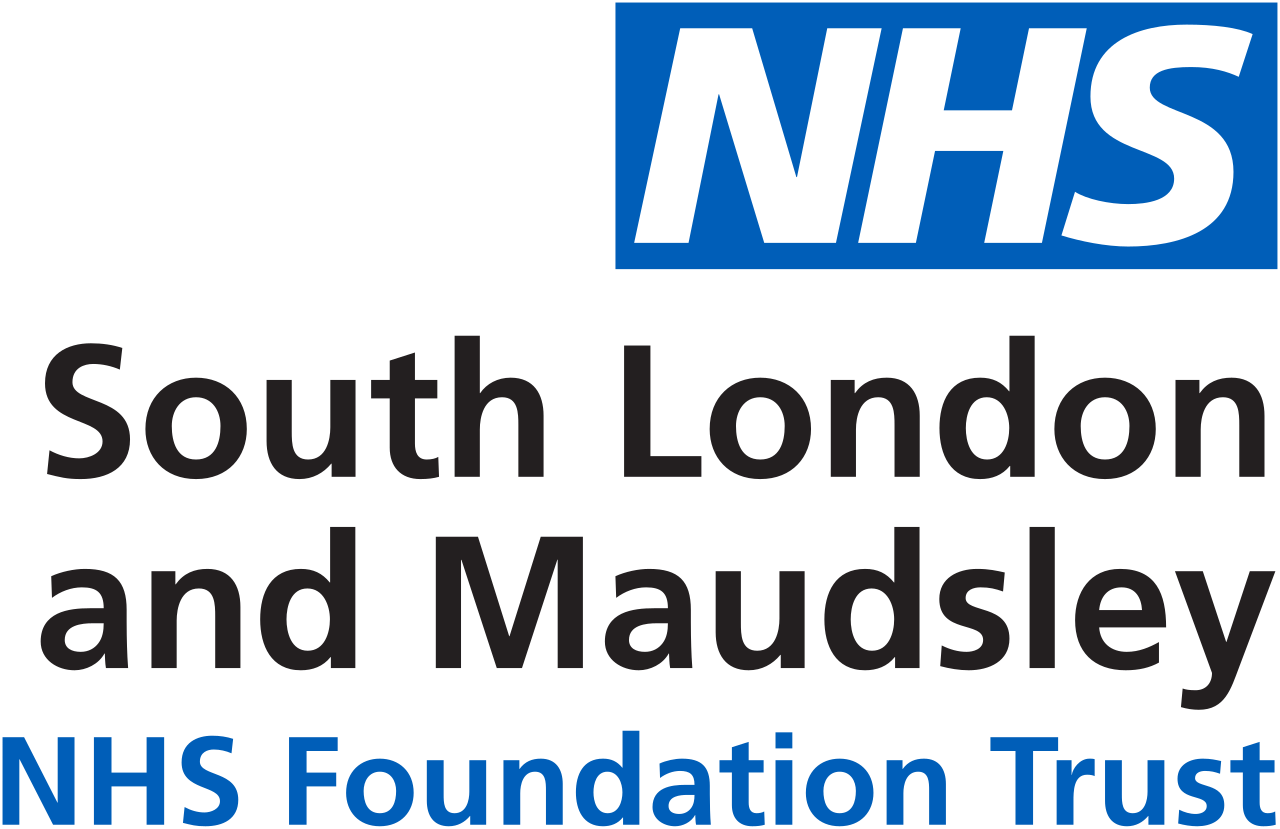COMPEERS: A CLUSTER RANDOMISED FEASIBILITY STUDY OF CONTINGENCY MANAGEMENT AND PEER SUPPORT TO PROMOTE ATTENDANCE, INCREASE TREATMENT ENGAGEMENT, AND IMPROVE OUTCOMES FOR PEOPLE WITH DUAL DIAGNOSES OF PSYCHOSIS AND DRUG/ALCOHOL PROBLEMS (DDP).
.Around 20% of community mental health team (CMHT) service users have ‘dual diagnoses’ of psychosis (hearing things others cannot, fearing people mean you harm, low motivation) and drug/alcohol problems (DDp). People with DDp have difficulty attending treatment appointments, which can lead to poorer outcomes. Contingency management (changing behaviour with financial incentives) and peer support (from somebody with lived experience of similar difficulties) have been shown to improve attendance and engagement for people with psychosis or drug/alcohol problems. The project aims to test the feasibility of a future large trial evaluating whether modest financial incentives encourage people with ‘dual diagnoses’ of psychosis and drug/alcohol problems to attend weekly peer support worker appointments.

